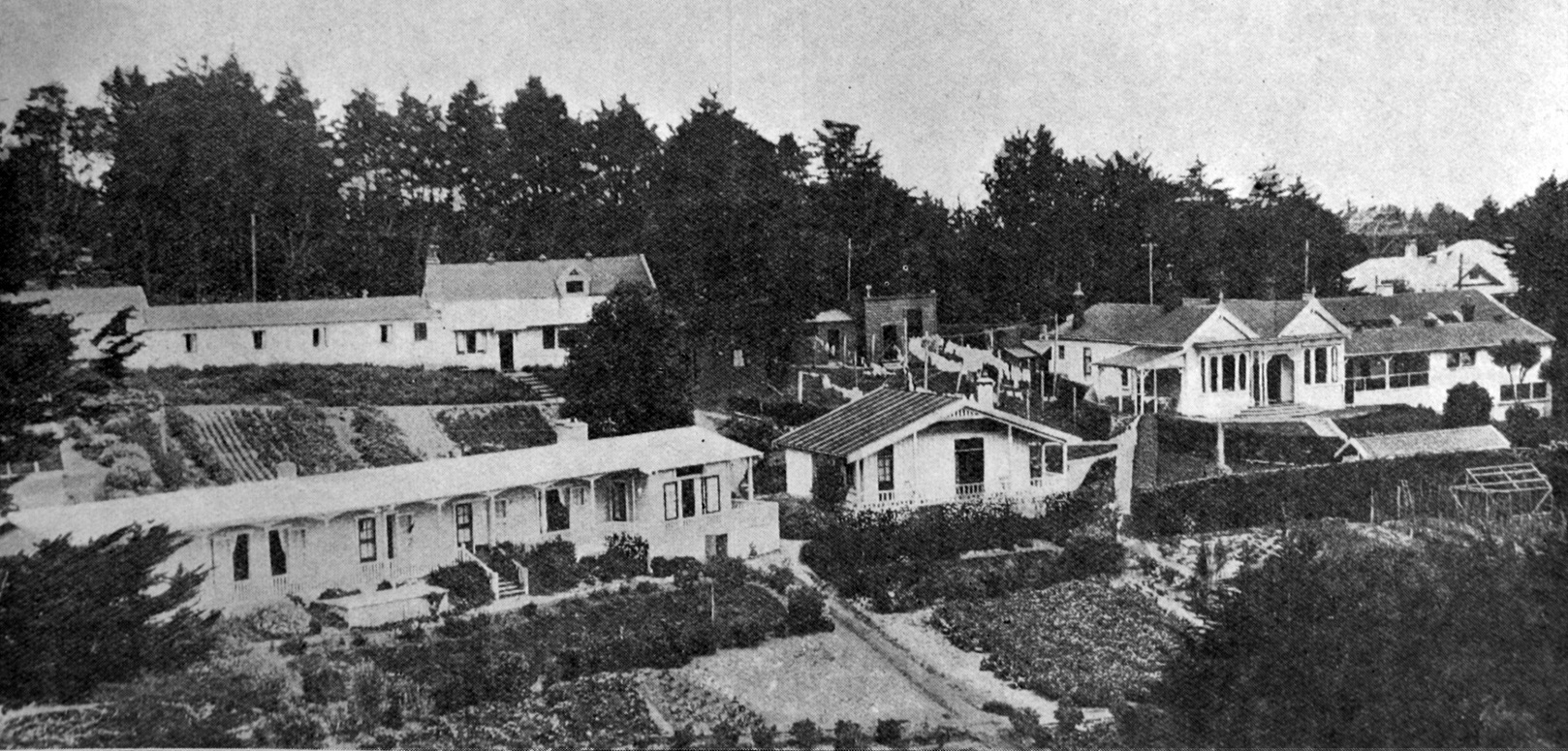

An indication of the results that have been achieved by the work of the society and by similar agencies for the education and guidance of mothers is afforded by the progressive decline in the infant death-rate in this country. The infant mortality rate is generally acknowledged to be the best index to the health and welfare of infants in a community. For five years prior to 1907 (the date of the formation of the Plunket Society) the New Zealand infantile death-rate had been almost stationary. Then it declined in the most remarkable and persistent way, until in the course of a few years it was established, and has remained ever since, the lowest in the world. For the period 1900-1907 some 8 percent of our babies died in the first year; now we lose only 4.2 percent, or less than half the average infant death-rate of the civilised world.
A great day for fools
"Mr Colin Gilray's lecture on ‘The Fool in Shakespeare' at the Otago Women's Club has been unavoidably postponed until Tuesday, April 1."
Why "unavoidably"? Surely "appropriately" would be the right adverb. What happier date than All Fools' Day could be chosen for a dissertation (and a most interesting dissertation we may be sure it will be) on the rich subject of Shakespeare's Fools, among whom the fond, faithful fool in "King Lear," so wise and witty and forlorn and sorehearted, takes pathetic pride of place?
If I am not too foolishly occupied in hammering out The Common Round next Tuesday evening I shall (if the Otago Women permit) be one of Mr Colin Gilray's audience. — by ‘Wayfarer’
Vice-regal visit to bakers
The Governor-General, Viscount Jellicoe, paid a visit yesterday morning to the bakery of Messrs Fraser and Roberts at 102 Taieri road, Kaikorai, and inspected the premises, which he considered a credit to the owners. In the afternoon another visit was paid to the Balmacewen golf links.
This morning his Excellency will proceed to Queenstown and thence to Glenorchy, returning to Dunedin on April 7.
Divorce statistics
The dominion’s divorce returns for 1923 show a slight increase over 1922, according to the latest Government abstract of statistics. In the year there were 666 petitions filed for dissolution of marriage, 312 by husbands and 354 by wives. In 1922 the total number was 643. The number of decrees made absolute was the same in both years (522), while there were 603 decrees nisi last year and 543 in 1922.Last year adultery was the grounds alleged in seeking divorce in 209 cases, desertion was the principal ground in 211 cases, separation for not less than three years in 173 cases, and non-compliance with an order for restitution of conjugal rights in 41 cases. — ODT, 26.3.1924
Compiled by Peter Dowden













